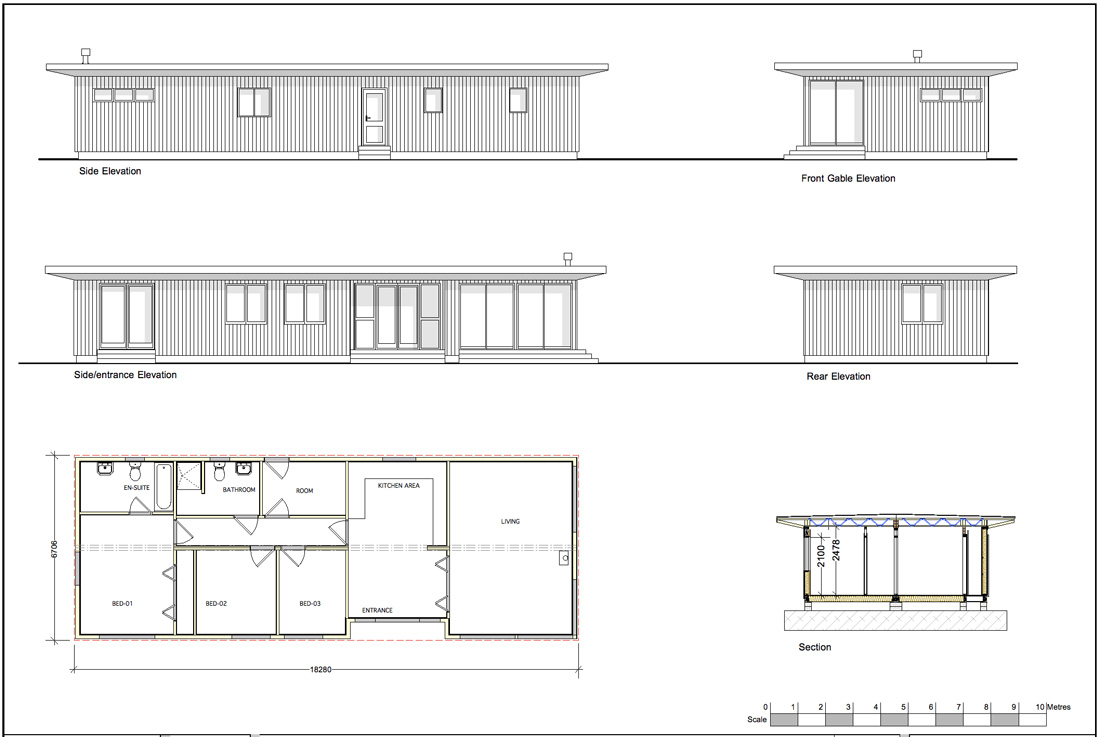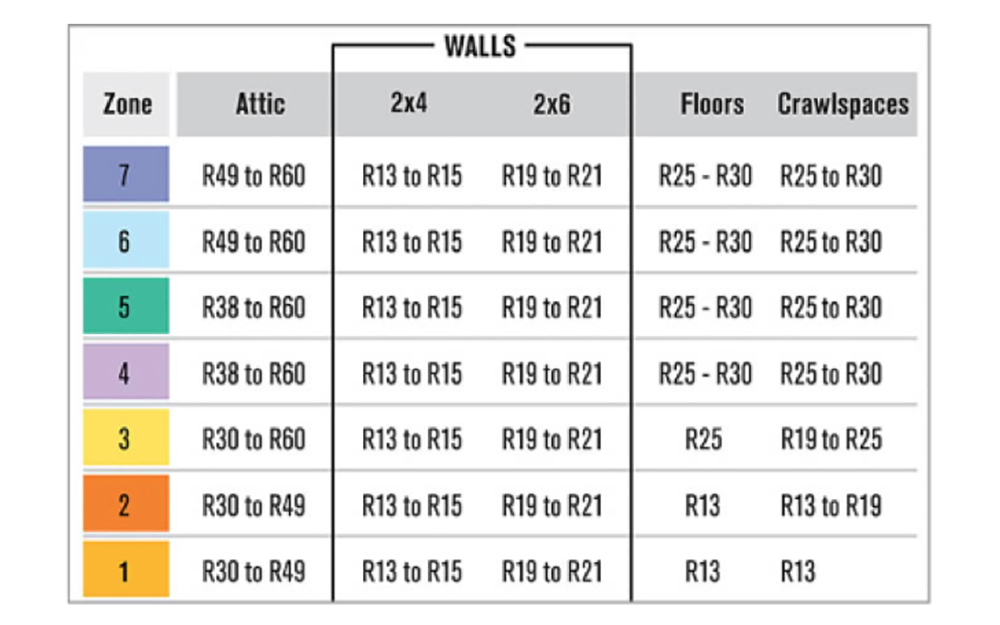Home Wall Thickness
Add an extra 4 inches for each additional 70 feet in height.

Home wall thickness. 32x4 wood for the timber frame which is not 4 but 3 after milling. Any thickness greater than this no matter the material is excessive. Walls that contain plumbing such as walls behind sinks however should be thicker than standard walls. Although a thickness of 8 inches is typical for a home with 8 foot high concrete foundation walls an important exception exists.
Drywall for room 1. Im planning on making my own holds out of wood and buying some edges so i wont be using any t nuts. I can choose between 18 15 or 10 mm thickness. 2 by 6 studs are typically used in walls that contain plumbing making those walls 65 inches.
So a standard internal wall will have the following thickness. Drywall for room 2. It is up to you to decide how thick you want to go but 70 and 90 mm are common thickness for the wood studs you should be adding at least 10 mm gyprock on each side. What is the standard wall thickness in a residential home.
The typical interior wall thickness in newer construction using 2 by 4 studs and half inch drywall is 45 inches. The 8 inch thickness works well for homes with most types of siding but does not provide adequate support for a home with brick veneer siding. As far as standard building materials are concerned masonry walls tend to be the thickest and the maximum recommended thickness for walls up to 70 feet high is 12 inches.






